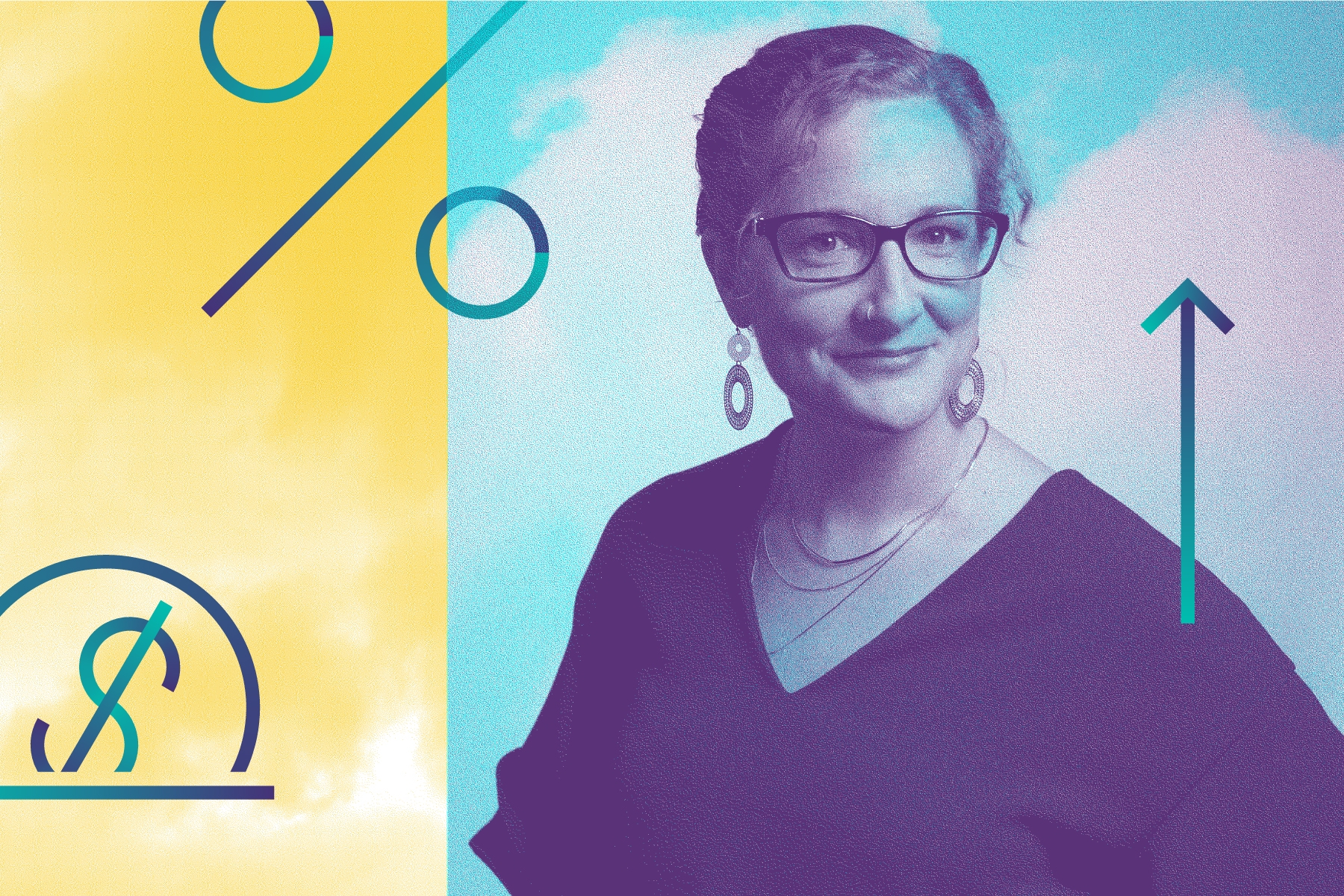The Tragic Irony of Overconfidence in Investing
How to identify and overcome this common bias.

“Overconfidence is a powerful source of illusions, primarily determined by the quality and coherence of the story that you can construct, not by its validity.”
—Daniel Kahneman, Nobel laureate
There is a large (and growing) body of scholarly evidence that links frequent trading with overconfidence. But what is overconfidence, and how can you know if you’ve succumbed?
What Is Overconfidence?
Overconfidence bias is the tendency to overestimate the quality of one’s own skills or information. That’s a straightforward definition, but how do you know if you qualify as overconfident rather than just confident? How can you tell if your confidence is accurate or overblown?
A study in the The Journal of Finance described overconfident investors this way: “When one’s private valuation of a stock differs from that of the market, the overconfident investor places more validity on his private valuation and less on the market’s valuation.”
There is certainly some merit to this illustration, but by this definition the entire idea of value investing (buying stocks when they are undervalued by the market) is impracticable since a stock can never be undervalued if the market is never wrong.
Another measure of overconfidence is the degree to which people believe they will outperform the market in the future. The reasoning behind this definition is that, historically, it has proved to be extremely difficult to consistently beat the market, so researchers interpret any belief that one can do so as an indication of overconfidence. By this definition, any active investor qualifies as overconfident.
A more empirical measure of overconfidence is the difference between one’s stated investment skills and actual past performance. Researchers first ask investors to rate their own investment skills and then compare those scores against financial statements that measure their actual past returns. The wider the gap between stated and actual ability, the more overconfident an investor is said to be.
However measured, overconfidence is strongly linked with more frequent trading, which tends to result in lower returns overall.
The great irony is that overconfident investors set themselves up to underperform compared with the market and their peers because the more often you trade, the more likely you are to make costly mistakes.
How Do We Fall Victim to Overconfidence?
There are many ways we can become overconfident. Bull markets make some investors overestimate the precision of their information and their own trading abilities. When the market is up, we all feel like geniuses. It feels good to win, but there’s a reason for the adage, “Don’t confuse brains with a bull market.”
The mind can also lure us into overconfidence through distortion and selective forgetting. Distortion is when we remember past investment wins as more positive than they were and past losses as less negative. Distortion, or positivity bias, has been repeatedly observed in studies of investor psychology and behavior.
Selective forgetting means we are more likely to remember consequential gains and less likely to remember consequential losses. This is especially fascinating to me as a behavioral scientist since it seems to run counter to loss aversion. Loss aversion describes how we feel the pain of a loss as greater than the joy of an equivalent gain, but it seems once that loss is in the past, we are more likely to forget about it than we are to forget the gain. Another fun fact: Selective forgetting gets worse with age.
Overcoming Overconfidence
There are a few things you can do to nip overconfidence in the bud.
1) Look to fundamentals. If your personal valuation of a stock differs from that of the market, make sure you have well-founded reasons for your valuation. Take a deep dive into the fundamentals. This is the exact purpose of Morningstar’s price/fair value estimates and the analyst reports that back them up. We base our ratings on careful analysis of company financials and fundamentals, and we have pages of data and analysis for every rating we give to help you back up your own valuations with hard evidence.
2) Look to your past. If you feel sure you can beat the market in the future, take a quick look at the past. For the past one, three, and five years, what was your personal return on investments? Now compare that with the returns of the S&P 500 or the Dow for the same time periods. Did you beat the market? Did you beat it consistently?
3) Look at your statements. If you’ve had great success in the past, if you feel confident that you’re on the bleeding edge of investment skill, or you believe that you have information or insight that others don’t, check yourself. Literally, check yourself. Grab your statements for the past few months or years and look at the following:
- What trades earned you the most (net of trading costs)? How much, exactly, did you gain (as a percentage of your portfolio)?
- What were the trades that lost you the most? How much did you lose?
- For that same time period, what would your return have been if you had not traded at all?
- For that same time period, what was the return for a relevant benchmark fund or exchange-traded fund?
These simple checks can help curb overconfidence because they help base your valuations on fundamentals, and they correct for the memory’s tendency toward distortion and selective forgetting.
If after checking yourself, you still believe you have a winning strategy that is based in sound reasoning, then in the immortal words of Billy Joel, “You may be wrong for all I know, but you may be right.”
The author or authors do not own shares in any securities mentioned in this article. Find out about Morningstar’s editorial policies.

/s3.amazonaws.com/arc-authors/morningstar/6c608d29-bb89-4580-943a-7819645ad538.jpg)
/cloudfront-us-east-1.images.arcpublishing.com/morningstar/6NPXWNF2RNA7ZGPY5VF7JT4YC4.png)
/cloudfront-us-east-1.images.arcpublishing.com/morningstar/RYIQ2SKRKNCENPDOV5MK5TH5NY.jpg)
/cloudfront-us-east-1.images.arcpublishing.com/morningstar/6ZMXY4RCRNEADPDWYQVTTWALWM.jpg)
:quality(80)/s3.amazonaws.com/arc-authors/morningstar/6c608d29-bb89-4580-943a-7819645ad538.jpg)